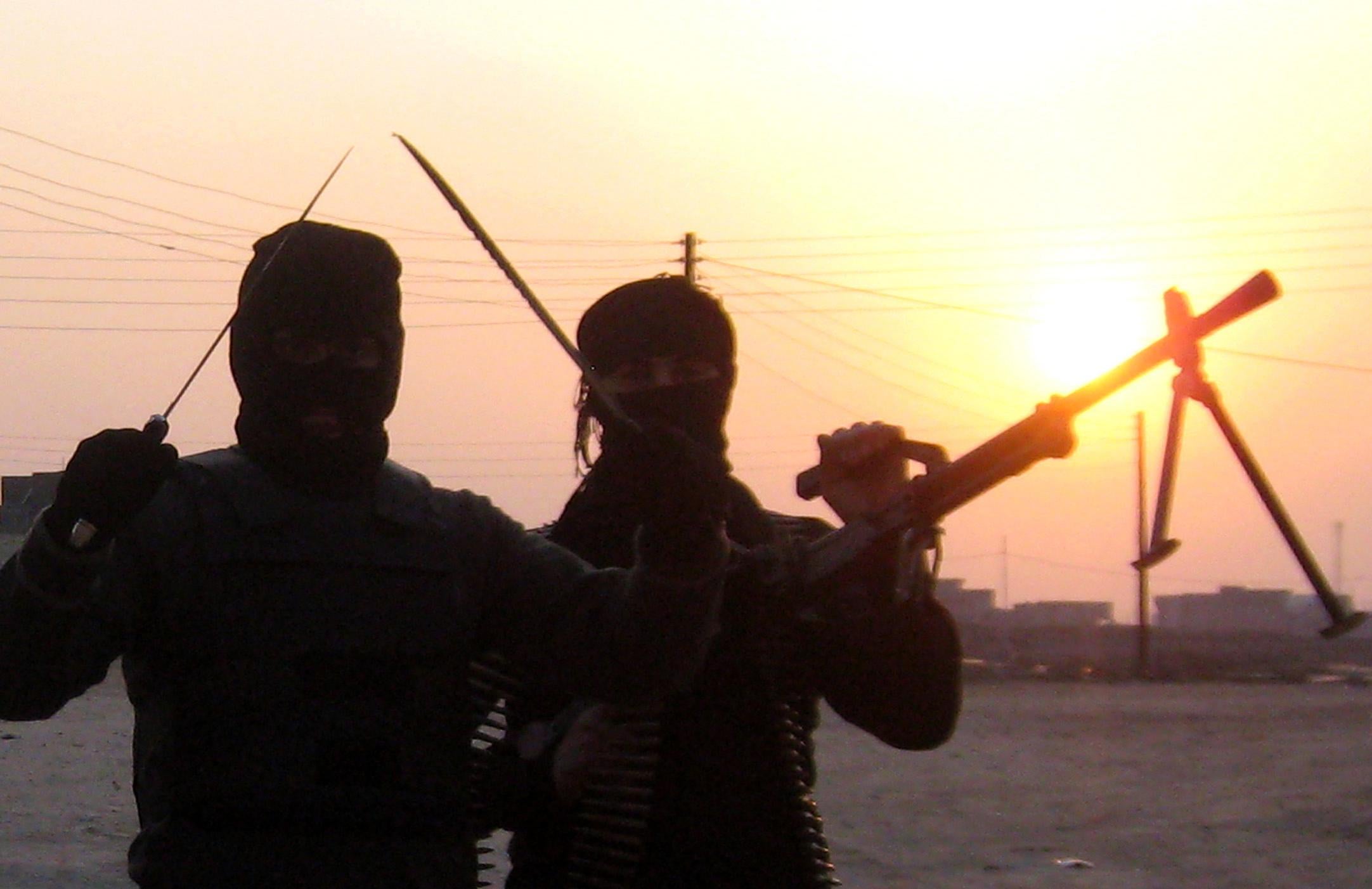After the fall of Mosul today, some terrorism experts, including Charles Lister of Brookings and Peter Neumann of King’s College, suggest that the Islamic State of Iraq and Syria—the militant group that took over the city, is coming close to actually being the “Islamic State” implied by its name.
It’s a question worth pondering. As Liz Sly notes in the Washington Post, ISIS, which began only about a year ago as the Syrian offshoot of al-Qaida in Iraq, now “effectively governs a nation-size tract of territory that stretches from the eastern edge of the Syrian city of Aleppo to Fallujah in western Iraq – and now also includes the northern Iraqi city of Mosul.”
Estimates of ISIS forces range from 7,000 to 10,000. Unlike other Syrian rebel groups, ISIS is focused less on the overthrow of the Assad regime than on enforcing its harsh and austere brand of Islamic law in the areas it controls as well as the broader aim of establishing a unified Islamic state. From all reports, it certainly appears to be a more dominant political force in the areas under its control than either the Syrian or Iraqi governments.
So should we start thinking of ISIS as a proto-state, an unrecognized but de facto sovereign entity? Or will it meet a similar fate to that of Azawad, the rebel state in Northern Mali that declared independence after chasing out the Malian military, only to be routed by a French-led international force the following year.
I’d tentatively lean toward the latter. For one thing, the brutal brand of Shariah law ISIS enforces in the areas of Syria it controls—including beheadings and amputations—seems to be provoking enormous resentment among the people who live under its black flag. The Malian Islamists had a similar problem. It seems one difficulty of establishing an “Islamic State,” as extremist groups narrowly define it, is that they aren’t really places anyone wants to live.
There have also been signs for a while now that ISIS is stretched thin in Syria and the physical territory it controls is shifting and ill-defined. It’s currently carrying on a three-front war against the Iraqi government, Bashar al-Assad’s forces, and other Syrian rebel groups. Opposition to ISIS is a rare cause that the leaders of United States, Iran, and even al-Qaida can agree on. After today, I’m guessting it will be getting a lot more international attention.
On the other hand, as the New York Times reports, its strength will only grow after today, as it uses the “cash reserves from Mosul’s banks, military equipment from seized military and police bases, and the release of 2,500 fighters from local jails to bolster its military and financial capacity.” And there’s also some evidence to suggest that Assad has gone relatively easy on the areas of Syria controlled by ISIS in a bid to sow division among the rebel groups.
I’m not ready to declare ISIS a real state just yet, but after today, the group has proved it’s not to be underestimated.
